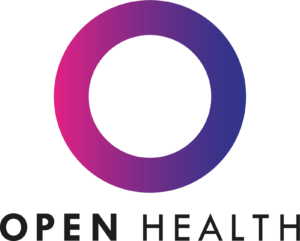There may be some in the industry who view these developments with a certain amount of suspicion, perhaps fearing that digital interventions could replace pharmaceutical treatments, but we would not see them as a threat to the industry.
After all, pharmaceutical companies know the markets, have the connections and know the patients, prescribers and payers far better than any start-up – they also have the resources to invest in new innovative products. If the Googles, Apples and IBMs of this world can move from the tech space to healthcare, why shouldn’t a pharmaceutical company, at least partially, be able to transform itself into a tech company?
We already see data science and life science becoming ever more intertwined. As many new drugs enter the market with very specific, and usually very small, patient populations, the evidence available at market entry can often be very small. One of the consequences of this has been a rise in the demand for risk-sharing agreements, and these can only be successful for the industry in the long-term if companies are able to generate sufficient data to prove the case for their products to payers.
Ultimately, digital therapeutics offer an important opportunity to add value in addition to pharmaceuticals and (non-digital) medical devices, given the difference in treatment modality, but also through direct outcomes data collection.
To learn more about how digital health is changing in Europe, and the market access and HEOR implications of these advances, download the Digital Therapeutics Landscape in Europe white paper
Download White Paper



